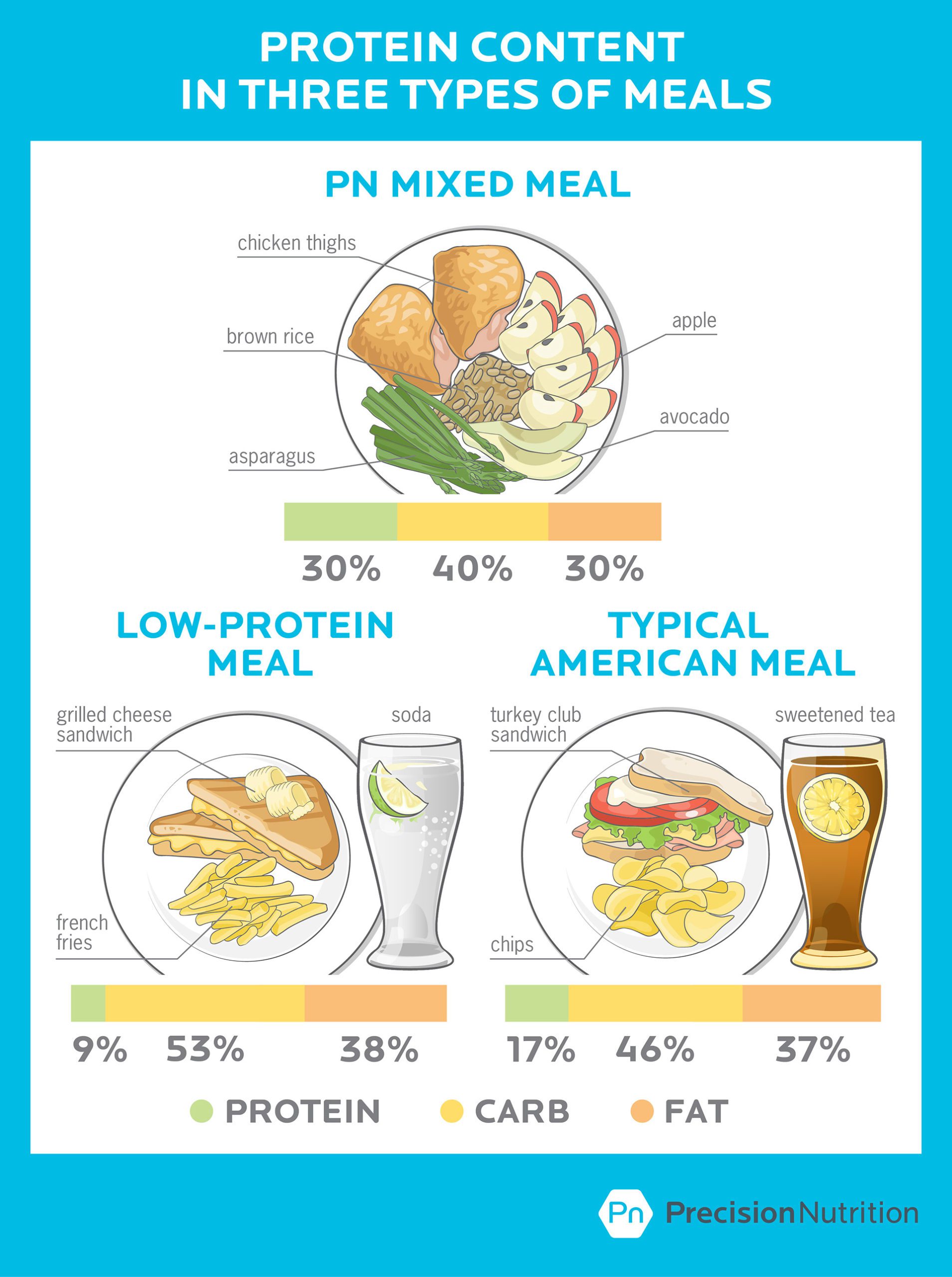News Blast Hub
Stay updated with the latest news and insights.
Protein Promises: What Your Diet Might Be Missing
Unlock the secret to a balanced diet! Discover what protein might be missing and boost your health with our essential insights.
Unlocking the Power of Protein: Essential Benefits You Might Be Overlooking
Unlocking the power of protein can significantly enhance your overall health and well-being. While most people are aware that protein is essential for muscle building and repair, the benefits extend far beyond this common perception. For instance, incorporating sufficient protein into your diet can aid in weight management by promoting satiety, which helps reduce overall caloric intake. Additionally, protein plays a crucial role in boosting your metabolism; every time you consume protein, your body expends more energy to digest it compared to fats and carbohydrates, leading to a higher calorie burn.
Moreover, protein supports immune function by creating antibodies that defend your body against pathogens. It's also vital for the production of hormones and enzymes that regulate numerous bodily processes. Consider adding a variety of protein sources to your meals, such as lean meats, fish, eggs, legumes, and nuts. You might even experiment with protein-rich snacks or shakes to easily increase your intake. By understanding the comprehensive benefits of protein and incorporating it into your diet, you'll ensure that you are not only meeting your nutritional needs but also unlocking a multitude of health advantages that you may have previously overlooked.

How Much Protein Do You Really Need? Myths and Facts Explained
Many people often wonder, how much protein do you really need? This question is accompanied by a myriad of myths that can lead to confusion. For instance, a common myth suggests that only bodybuilders or athletes require higher protein intake. In reality, adults need a consistent amount of protein daily to maintain overall health. According to the Recommended Dietary Allowance (RDA), the average sedentary adult should aim for about 0.8 grams of protein per kilogram of body weight. However, individual needs can vary based on factors such as age, activity level, and overall health.
It's essential to differentiate between myths and facts when discussing protein requirements. While some claim that excessive protein intake leads to kidney damage, research shows that this is primarily a concern for individuals who already have kidney disease. Furthermore, there is a misconception that consuming more protein will directly result in increased muscle gain; however, muscle growth relies on various factors including training intensity and overall caloric intake. Therefore, a balanced approach that includes a variety of nutrients is crucial. For most people, a well-rounded diet that includes sufficient protein can support their fitness and health goals without the need for excessive supplementation.
The Hidden Sources of Protein: Are You Getting Enough in Your Diet?
When most people think of protein, they typically picture traditional sources like meat, fish, and dairy products. However, there are numerous hidden sources of protein that can easily be incorporated into your diet. For instance, foods such as quinoa, legumes, and nuts are excellent protein alternatives that not only provide essential amino acids but also offer additional health benefits. Incorporating these high-protein foods can help diversify your meals and improve your overall nutrient intake.
In addition to well-known sources, some unconventional options often go unnoticed. For example, certain vegetables like broccoli, spinach, and Brussels sprouts contain surprising amounts of protein, making them a great addition to any meal. Moreover, snacks like edamame and chia seeds can serve as nutritious ways to boost protein intake without relying solely on animal products. By recognizing these hidden sources of protein, you can ensure that you are getting enough protein in your diet to support your health and fitness goals.